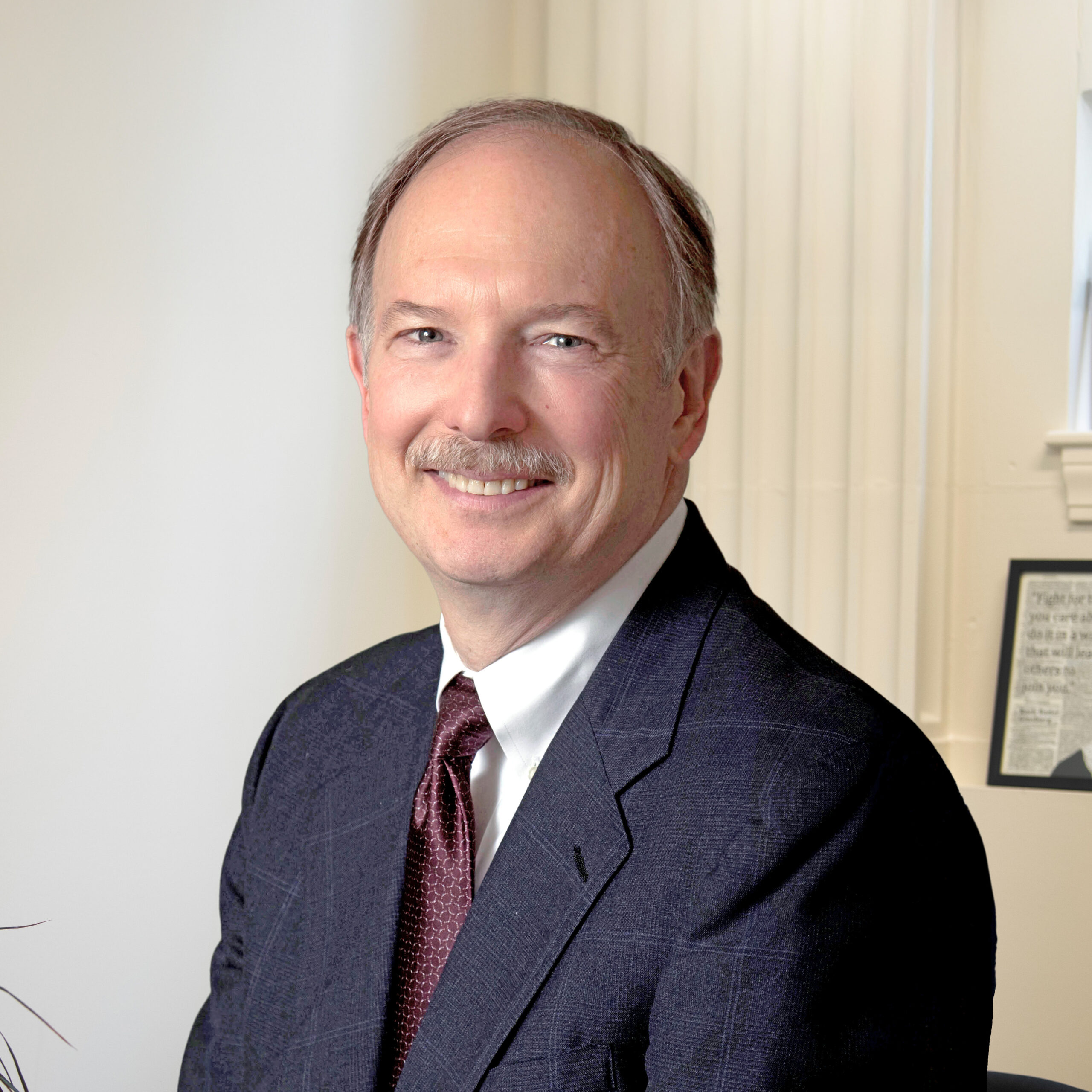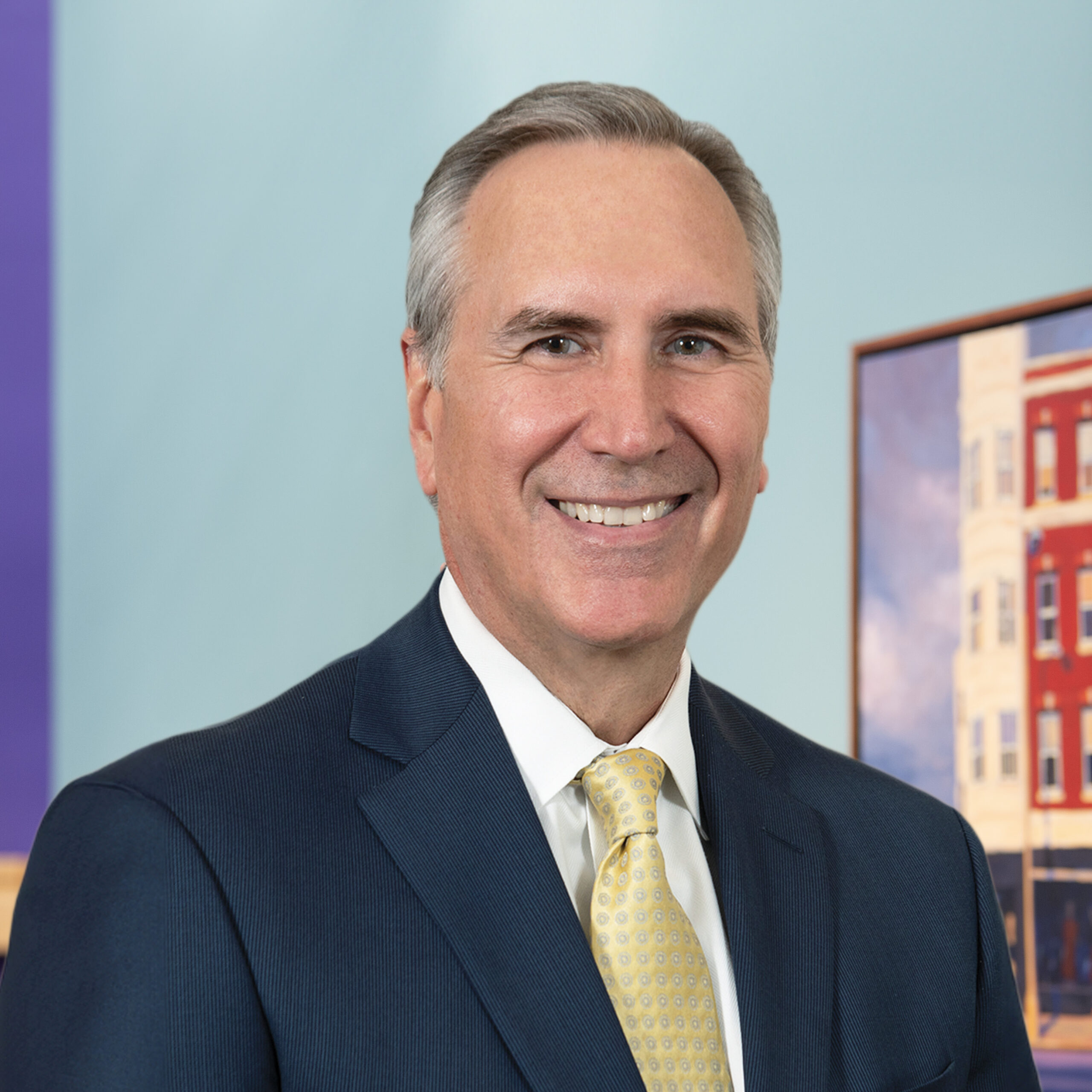If you have been accused of a crime, Shaheen & Gordon, P.A. is here to fight for your legal rights. Contact us to schedule an appointment with a New Hampshire Criminal Defense lawyer. Initial consultations are completely free and confidential.
New Hampshire Disorderly Conduct Attorneys
Create a Solid Defense with Our Help
Disorderly conduct charges might seem like a “minor” under New Hampshire criminal law, but they aren’t. Convictions of disorderly conduct may result in a criminal record and the possibility of incarceration. A disorderly conduct conviction can significantly damage your well-being, freedom, and finances, just like most criminal convictions. If you face such a charge, contact the New Hampshire disorderly conduct lawyers from Shaheen & Gordon, P.A., right now.
When we are on the case, we are in for the long haul, treating your case as our own. Our criminal defense attorneys are trained to consider your personal circumstances, including family, mental health, and employment issue, among many others, when advocating for our clients with police and prosecutors. When negotiations fall short, our lawyers are trained to fight, regularly trying criminal cases in district, superior and federal courts. We are ready to put our experience to work for you.
What is Disorderly Conduct?
New Hampshire uses a fairly broad description to define disorderly conduct and what can be penalized with a criminal charge. Specifically, New Hampshire Revised Statutes Section 644:2 has a handful of definitions, which makes it simpler for the police to make a disorderly conduct arrest and the prosecution to secure a conviction.
You can be charged with disorderly conduct if you are accused of:
- Intentionally creating a hazardous condition in a public place without a reasonable purpose.
- Engaging in violent behavior in a public place, such as fighting or brawling.
- Attempting to incite another person to violence in a public place by using offensive statements.
- Blocking pedestrian or vehicular traffic or the entrance to a building.
- Interrupting the actions of emergency responders and law enforcement officials.
- Refusing to comply with a peace officer’s instructions to leave the area.
- Making loud, unreasonable noises that disrupt the public’s peace.
- Disrupting a lawful assembly of persons without legal grounds to do so.
Defining a Public Place
In just a quick review of New Hampshire’s disorderly conduct laws, you will notice the mention of a “public place” numerous times. What exactly is a public space as defined in the law? If a space or area is open to the public or can easily be accessed by a substantial group of people, then it is considered a public place.
Common examples of public places include:
- Retail stores
- Schools
- Hospitals
- Sidewalks
- Lobbies
- Housing complexes
It is important to note that residential areas where people live can be considered public places if you are accused of disrupting the peace. For example, if your neighbor calls the police because you are hosting an overly loud party in the early morning hours, a disorderly conduct charge could eventually follow if you fail to comply with the officer’s instructions to end the event quietly.
Penalties for Disorderly Conduct
New Hampshire considers disorderly conduct a misdemeanor crime. As such, you can be penalized with the typical sentencing requirements of a low-level misdemeanor. The potential sentences often depend on the factual circumstances of the arrest in question and your criminal record.
Disorderly conduct conviction sentencing could require you to:
- Serve up to one year in county jail.
- Pay thousands of dollars to the state in fines and administrative fees.
- Complete public services such as highway cleanup duty.
- Undergo a probation period if jail time is otherwise avoided.
Leave Your Defense Up to Our Team
When accused of disorderly conduct in New Hampshire, you should explore your legal options. Do not expect leniency from the prosecution. Contact our disorderly conduct attorneys. We can build a powerful defense strategy that pursues the best possible outcome.























